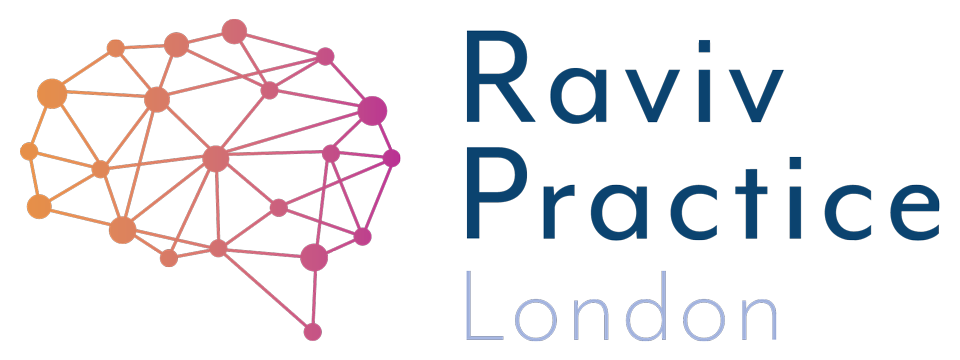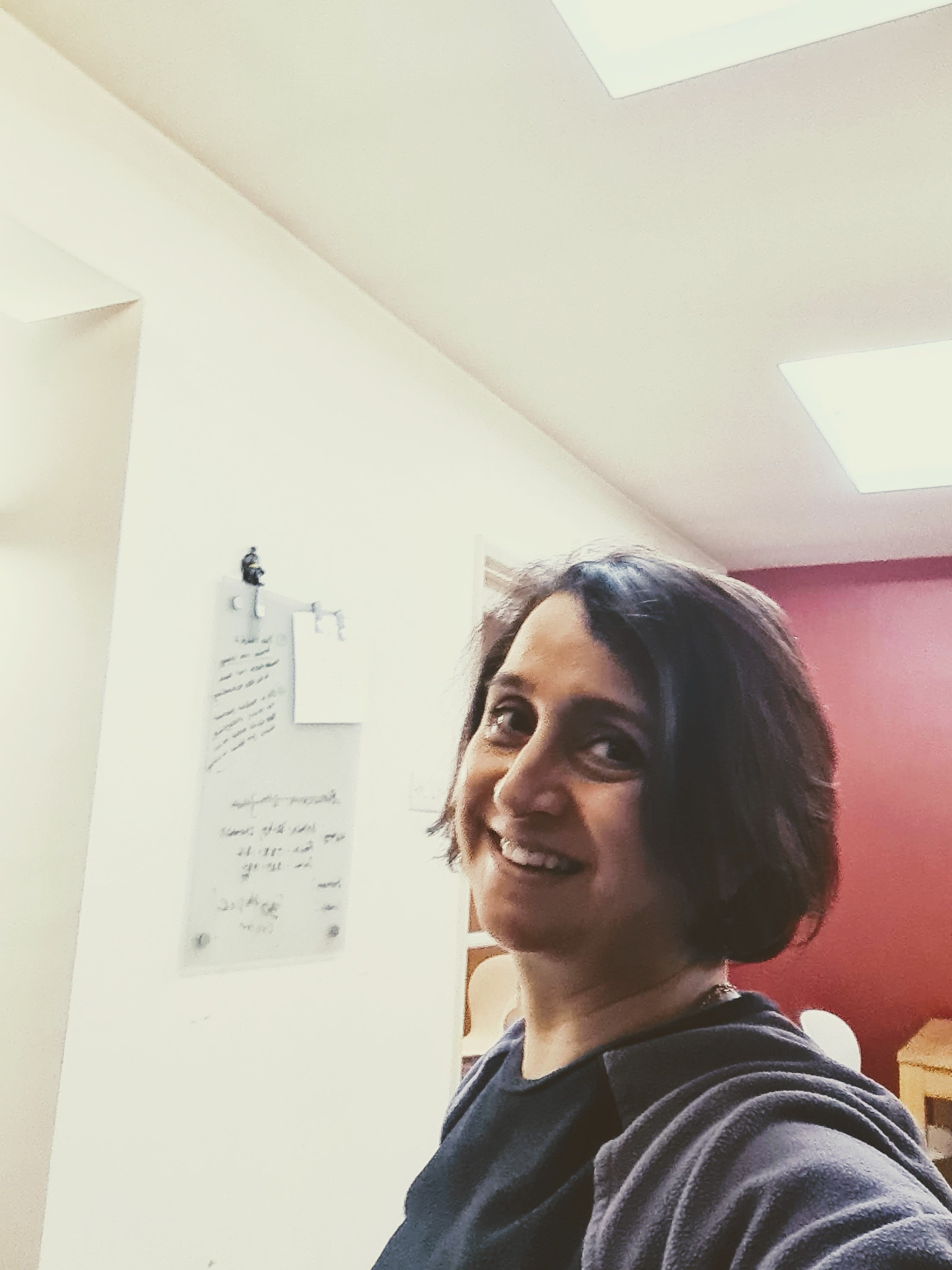It only takes a minute...to find your flow!
It only takes a minute… to find your flow!
"It only takes a minute to do that!" How many times have you heard this sort of statement? What are your thoughts?
How you react depends on your disposition towards time. Are you a person who meticulously measures time, or maybe you are a person who says, 'It takes as long as it takes!'? Most adults fall somewhere in the middle.
However you look at it, time management can be a very contentious issue in the modern world. We’re often expected to conform to some sort of average, some sort of “normal”, but how many of us actually fit into this? And how can we cope if we fall a long way to one side or the other of what we think society expects?
At Raviv Practice London, we rarely work with adults. There is always a steep learning curve because they are often resistant to change. However, change is why they enrolled! This learning curve teaches us a lot. Working with the older population, and studying their behaviour, can be very helpful in developing preemptive measures for children.
“Csikszentmihalyi’s book ‘Flow: The Psychology of Optimal Experience.’ published in 1990, is the culmination of his lifetime of work in the research of creativity and focus”
Those with attention difficulties
More and more individuals are showing signs of ADHD. The fast-paced world we live in, and all its many distractions, means we are constantly flitting from one task to another. So, how can you solve such a prevalent problem and stay on task?
Getting into a state of “flow”
While trying to understand how adults can concentrate better, I came across a book by an American-Hungarian psychologist, Mihaly Csikszentmihalyi (pronounced Mee-high Cheek-sent-me-high-ee).
Born in Croatia in 1934, from an early age Csikszentmihalyi was profoundly interested in the idea of how we pursue contentment, inspired by observing people rebuilding their lives after the chaos of World War II. After migrating to the United States to study Psychology, he made it his goal to understand how people find happiness.
Csikszentmihalyi's book 'Flow: The Psychology of Optimal Experience.' published in 1990, is the culmination of his lifetime of work in the research of creativity and focus. He interviewed thousands of people from different professions to aid his research into how people find a sense of satisfaction in their lives.
Csikszentmihalyi describes eight characteristics of flow:
Complete concentration on the task
Clarity of goals and rewards in mind and immediate feedback
Transformation of time (speeding up/slowing down)
An experience that is intrinsically rewarding
Effortlessness and ease
There is a balance between challenge and skills
Actions and awareness are merged, losing self-conscious rumination
A feeling of control over the task
Clarity of goals and rewards in mind and immediate feedback
You might have experienced one or more of these yourself when performing a task you enjoy, or when you are deeply engrossed in an important task. However, it is the second characteristic that is usually the most challenging, and the one missing for many with symptoms of ADHD. Most will find they struggle to stay on task because they do not go beyond the second characteristic of the flow state. They lose all sense of doing the task due to poor timekeeping, which brings us back to the title “It only takes a minute.”
Maybe it potentially does only take a minute, but what if your brain doesn’t work in that way?
“One way to build up this skill is to create a reference point by timing yourself doing a task and recording it.”
ADHD and the sense of time
Many parents whose children have ADHD, and many adults I work with who have ADHD, all report they struggle with timekeeping for general day-to-day things. It could be routine things which they distract themselves from or complex things. Either way, they have no sense of the passage of time. If a person does not have this natural predisposition to measuring time, it is challenging to engage with the subject of timekeeping in any capacity.
One way to build up this skill is to create a reference point by timing yourself doing a task and recording it. Start with something simple, like unloading the dishwasher – time that task, and when having to do it again, see if you can beat that time.
For many people, measuring and quantifying is such a difficult thing to do. But, as with all habits, start small and see where it goes. You don't need to count the duration for every job, just a few easy ones, and go from there.
Next time somebody says a task will “only takes one minute to do”, please don't dismiss it straightaway. Try timing yourself and, who knows? Maybe it will take you a lot less than a minute!
If you are a parent of a child or an adult who struggles with time management, it might help you talk to us about it. When are you next free?
Republished in Londons Mums Magazine
Dyslexia? Dyspraxia? ADHD? ASD? Speech & Language? Developmental Delay? Anxiety?
Is every school day a struggle? As a parent, you may feel exhausted and on this journey alone. Each year you see the gap getting wider. You need to do something - change the approach, help your child learn for themselves, find a way to turn this around - to help while you can - do this NOW. the first step is free.
About the Author
Usha Patel is a Neurocognitive Therapist and Director at Raviv Practice London. Parents searching to help their suspected/neurodiverse child can get evidence-based solutions with results in as little as 8 weeks. Those in search of jargon-free help can get started straight away.



